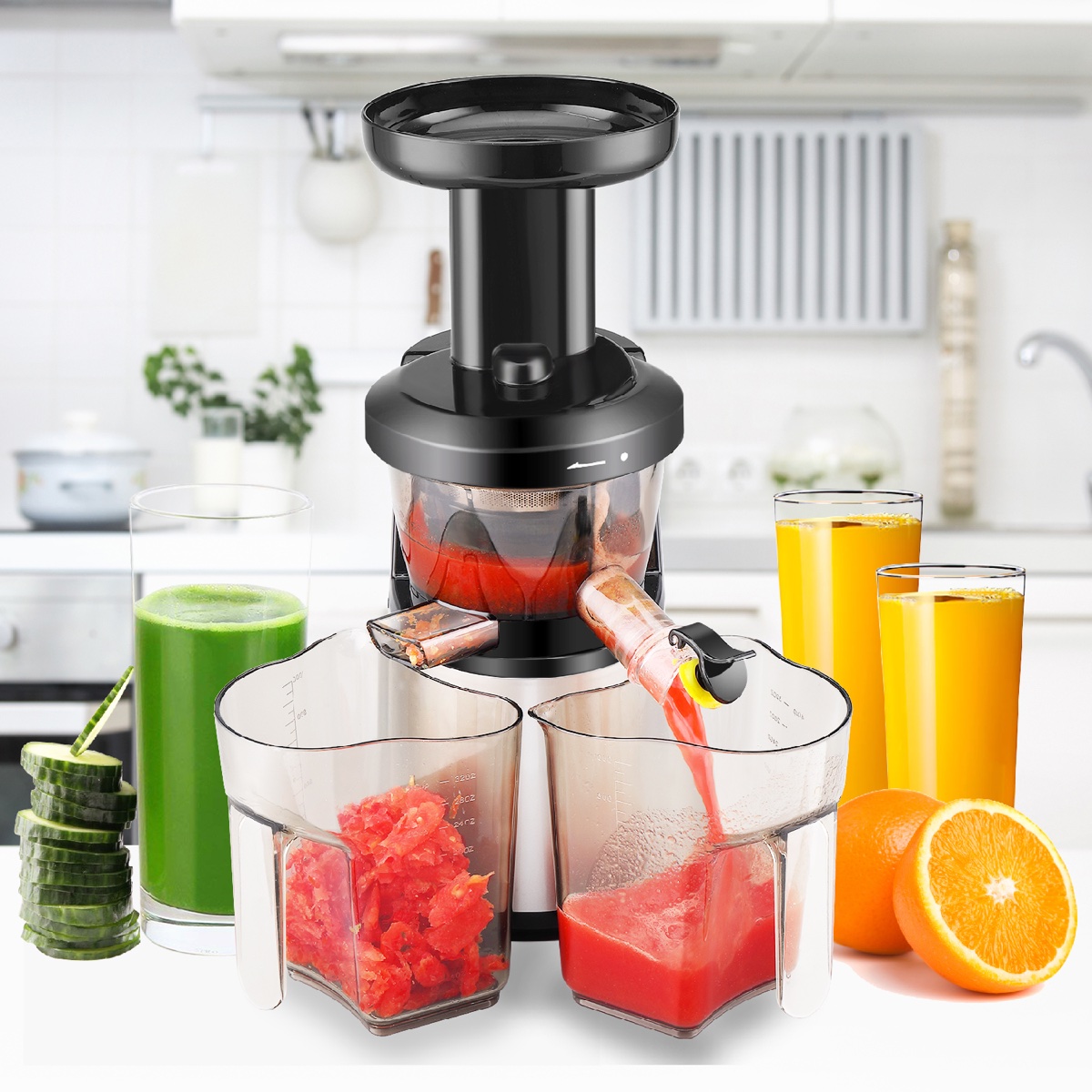

Articles
What Is Cold Pressed Juicer
Modified: February 20, 2024
Discover the benefits of cold pressed juicers and learn why they are a popular choice for health-conscious individuals. Read informative articles on the topic.
(Many of the links in this article redirect to a specific reviewed product. Your purchase of these products through affiliate links helps to generate commission for Storables.com, at no extra cost. Learn more)
Introduction
Welcome to the world of cold pressed juicing! In recent years, there has been a growing trend towards incorporating fresh, nutrient-rich juices into our diets. One of the key tools in achieving this is a cold pressed juicer. But what exactly is a cold pressed juicer and why has it become so popular?
A cold pressed juicer is a type of juicing machine that uses hydraulic pressure to extract juice from fruits and vegetables, while minimizing heat and oxidation. Unlike traditional centrifugal juicers that use high-speed blades to shred produce, cold pressed juicers have a slower and gentler extraction process. This method helps to preserve the maximum amount of nutrients and enzymes in the juice, resulting in a higher quality and more nutrient-dense beverage.
One of the primary reasons why cold pressed juicers have gained popularity is due to the health benefits they offer. Cold pressed juices are packed with vitamins, minerals, and antioxidants that can boost your immune system, support digestion, and improve overall well-being. These juices are also a convenient way to increase your daily intake of fruits and vegetables, especially if you struggle to consume them in their whole form.
Another advantage of cold pressed juicers is their ability to extract juices from a wide variety of produce, including leafy greens, hard vegetables, and even nuts and seeds. This versatility allows you to experiment with different flavors and combinations to create delicious and nutritious juice recipes that suit your taste preferences. Whether you’re looking for a refreshing green juice, a vibrant fruit blend, or a nutrient-rich nut milk, a cold pressed juicer can help you achieve it.
Furthermore, the slow and gentle extraction process of cold pressed juicers leads to less foam and separation compared to other juicing methods. This means that your juice will have a smoother consistency and longer shelf life, allowing you to prepare larger batches in advance and enjoy fresh juice throughout the week.
It’s important to note that while cold pressed juicers offer many benefits, they do come with a higher price tag compared to centrifugal juicers. This is because the technology and engineering behind cold pressed juicers ensures maximum nutrient retention and juice quality. However, many juicing enthusiasts believe that the investment is worth it, as the health benefits and taste of cold pressed juices are unparalleled.
In the following sections of this article, we will delve deeper into the working mechanism of cold pressed juicers, compare them with other juicer types, explore popular brands and models, provide tips for choosing and using a cold pressed juicer, and even share some mouthwatering recipes. So, let’s embark on this juicing journey and discover the wonders of cold pressed juicers!
Key Takeaways:
- Cold pressed juicers use hydraulic pressure to extract juice, preserving maximum nutrients and enzymes. They offer health benefits, versatility, and longer shelf life, making them a valuable investment for juicing enthusiasts.
- When choosing a cold pressed juicer, consider factors such as speed, yield, ease of cleaning, and warranty. Incorporating fresh, cold pressed juices into your lifestyle can provide numerous benefits, including increased nutrient absorption, support for digestion and weight management, enhanced energy levels, and improved hydration.
Definition and Explanation
A cold pressed juicer, also known as a masticating juicer or slow juicer, is a type of juicing machine that extracts juice from fruits, vegetables, and other ingredients using a slow and gentle crushing and pressing action. This method differs from traditional centrifugal juicers that use high-speed blades to extract juice by grinding and shredding the produce.
The term “cold pressed” refers to the low temperature used during the juicing process. Unlike centrifugal juicers that generate heat through friction, cold pressed juicers employ a slow and controlled extraction method that minimizes heat and oxidation. This helps to preserve the natural enzymes, vitamins, and minerals present in the juice, ensuring a higher nutritional value compared to juices produced by other methods.
Cold pressed juicers work by feeding the produce through a feeding tube into a chamber where a rotating auger or gear slowly grinds and crushes the fruits or vegetables. The juice is extracted by pressing the pulp against a mesh screen or filter, allowing the juice to flow out while separating it from the pulp. The slower extraction speed and minimal heat produced during this process help to maintain the integrity of the nutrients and enzymes in the juice.
One of the main advantages of cold pressed juicers is their ability to extract juice from a wide range of ingredients. From soft fruits like oranges and berries to hard vegetables like carrots and beets, these juicers can handle it all. They can even extract juice from leafy greens like spinach and kale, which can be challenging for other types of juicers.
Additionally, cold pressed juicers are renowned for their ability to yield a higher juice yield compared to centrifugal juicers. The slow extraction process ensures that maximum juice is extracted from the produce, leaving behind a drier pulp. This means you get more juice from the same amount of fruits and vegetables, making it a cost-effective option in the long run.
Another important aspect of cold pressed juicers is the reduced oxidation that occurs during the juicing process. Traditional juicers generate heat and introduce air into the juice, leading to oxidation and a shorter shelf life for the juice. In contrast, cold pressed juicers minimize oxidation, resulting in juices that can be stored for longer periods without significant degradation in quality.
Overall, cold pressed juicers offer a unique and efficient way to extract juice while preserving the nutrients, enzymes, and flavors of the ingredients. They provide a healthier alternative to store-bought juices, allowing you to enjoy the goodness of fresh and homemade juices right in the comfort of your own home.
Benefits of Using a Cold Pressed Juicer
Using a cold pressed juicer offers numerous benefits that can greatly enhance your health and wellness. Let’s explore some of the key advantages of incorporating a cold pressed juicer into your daily routine:
- Preserve Nutrients: Cold pressed juicers operate at a low speed, minimizing heat generation during the juicing process. This helps to preserve the essential vitamins, minerals, and enzymes found in the fruits and vegetables. As a result, the juice retains more nutritional value compared to other juicing methods.
- Increased Nutrient Absorption: Due to the minimal heat and oxidation, the nutrients in cold pressed juice are more easily absorbed by your body. This ensures that you obtain maximum benefits from the fruits and vegetables, providing a boost to your overall health and well-being.
- Rich in Antioxidants: Cold pressed juices are packed with antioxidants that help protect your cells from damage caused by free radicals. Antioxidants can help reduce inflammation, boost your immune system, and even lower the risk of chronic diseases.
- Support Digestive Health: Cold pressed juices contain a high amount of fiber, which aids digestion and promotes regular bowel movements. The gentle extraction process of cold pressed juicers ensures that the fiber content is retained in the juice, providing a natural way to support a healthy digestive system.
- Boost Energy Levels: Cold pressed juices are an excellent source of natural energy. The vitamins and minerals present in the juice can help revitalize your body and provide a sustainable energy boost throughout the day, without the crash associated with sugary drinks or caffeine.
- Weight Management: Incorporating cold pressed juices into your diet can be a helpful tool for weight management. These nutrient-dense juices provide a feeling of satiety and can help curb cravings for unhealthy snacks. They also promote hydration and a healthier intake of fruits and vegetables.
- Hydration: Staying hydrated is essential for overall health, and cold pressed juices are a delicious way to increase your fluid intake. The combination of hydrating fruits and vegetables in juice form can help maintain optimal hydration levels, contributing to healthy skin, digestion, and overall well-being.
- Flavorful and Versatile: Cold pressed juicers allow you to experiment with a wide variety of ingredients, from sweet fruits to leafy greens and even herbs. This versatility means you can create unique flavor combinations to suit your taste preferences and explore new recipes to keep your juicing routine exciting.
Incorporating fresh, cold pressed juices into your lifestyle can be a game-changer when it comes to nourishing your body and elevating your health. Whether you’re looking to improve your immunity, support your digestion, or simply enjoy the delicious flavors of fresh juice, a cold pressed juicer is a valuable investment that can help you achieve your goals.
How Cold Pressed Juicers Work
Cold pressed juicers, also known as masticating juicers or slow juicers, operate using a unique and efficient extraction process that helps preserve the nutrients and enzymes in fruits and vegetables. Let’s take a closer look at how these juicers work:
1. Feeding tube: Cold pressed juicers typically feature a feeding tube through which you can introduce your fruits, vegetables, or other ingredients. The tube is designed to accommodate various sizes of produce, allowing you to juice whole or large pieces without the need for extensive chopping or prepping.
2. Crushing and grinding: Once the produce enters the feeding tube, it is pushed towards the juicing chamber. Within the chamber, a slow-moving auger or gear rotates to crush and grind the fruits or vegetables. This slow and gentle action breaks down the cellular structure of the ingredients, effectively extracting the juice without generating excessive heat.
3. Separation of juice and pulp: As the ingredients are crushed and ground, the juice is released while the pulp is separated. Cold pressed juicers employ various mechanisms to separate the juice from the pulp, such as using a mesh screen or filter. The pulp is typically expelled into a separate container or chute, allowing you to easily discard it or repurpose it for other uses.
4. Minimal oxidation: One of the key advantages of cold pressed juicers is their ability to minimize oxidation. The slow and controlled extraction process ensures that minimal air is introduced into the juice, reducing the chances of oxidation and preserving the freshness and nutritional value of the juice. This results in juices that can be stored for longer periods without significant degradation in quality.
5. Nutrient-rich juice: The slow extraction speed of cold pressed juicers helps retain the natural vitamins, minerals, and enzymes present in the fruits and vegetables. By avoiding high-speed blades and excessive heat, cold pressed juicers ensure that the juice maintains its nutritional integrity, providing you with a more nutrient-rich beverage.
6. Quiet operation: Cold pressed juicers are known for their quiet operation compared to other types of juicers. The slow rotation of the auger or gear results in reduced noise levels, making it more pleasant to use and allowing you to prepare juice without disturbing others in your household.
It’s important to note that the extraction process of cold pressed juicers is slower compared to centrifugal juicers. While this means that the juicing process may take a bit longer, the benefits of nutrient preservation and higher juice quality make it a worthwhile investment for juicing enthusiasts.
In summary, cold pressed juicers work by gently crushing and grinding fruits and vegetables to extract juice while minimizing heat and oxidation. This slow and controlled process helps retain the nutrients and enzymes in the juice, resulting in a fresher, more nutrient-dense beverage that can enhance your overall health and well-being.
Comparison with Other Juicer Types
When it comes to choosing a juicer, it’s important to understand the differences between cold pressed juicers and other juicer types in order to make an informed decision based on your needs and preferences. Let’s compare cold pressed juicers with two common alternatives: centrifugal juicers and citrus juicers.
1. Cold Pressed Juicers:
- Cold pressed juicers, also known as masticating or slow juicers, operate at low speeds, typically between 40-80 RPM (rotations per minute).
- They use a slow crushing and grinding action to extract juice, which minimizes heat and oxidation, resulting in higher nutrient retention and a more nutrient-dense juice.
- Cold pressed juicers are highly versatile and can extract juice from a wide range of produce, including fruits, vegetables, leafy greens, and even nuts and seeds.
- They produce less foam and separation in the juice, resulting in a smoother consistency and longer shelf life.
- Cold pressed juicers are generally quieter in operation and more suitable for those who prefer a quieter juicing experience.
- However, they tend to have a higher price point compared to other juicer types due to their advanced technology and superior juicing capabilities.
2. Centrifugal Juicers:
- Centrifugal juicers operate at high speeds, typically between 1,000-15,000 RPM, using sharp blades to shred and separate the juice from the pulp.
- They work quickly and are great for juicing hard fruits and vegetables, requiring minimal preparation as they can accept larger chunks of produce.
- Centrifugal juicers are generally more affordable compared to cold pressed juicers, making them a popular choice for those on a budget.
- However, the high-speed spinning generates heat and introduces more air into the juice, leading to increased oxidation and reduced nutrient retention.
- They produce more foam and separation in the juice, resulting in a shorter shelf life and a slightly less smooth consistency compared to cold pressed juices.
- Centrifugal juicers can be louder in operation due to the high-speed spinning of the blades.
3. Citrus Juicers:
- Citrus juicers are specifically designed for extracting juice from citrus fruits, such as oranges, lemons, and grapefruits.
- They have a simple and straightforward operation, usually involving manual squeezing or an electric reamer to extract the juice.
- Citrus juicers are typically more affordable and take up less space compared to centrifugal and cold pressed juicers.
- They are ideal if you primarily consume citrus juices and have no need for juicing other types of produce.
- However, they are limited in functionality and cannot be used for extracting juice from other types of fruits, vegetables, or leafy greens.
When choosing a juicer, consider factors such as your juicing preferences, the types of produce you plan to juice, your budget, and the desired quality and nutrient content of the juice. Cold pressed juicers offer superior nutrient retention and versatility, making them an excellent choice for those looking to get the most out of their fruits and vegetables. However, if you prioritize speed, affordability, or primarily juice citrus fruits, a centrifugal or citrus juicer may be more suitable for your needs.
Ultimately, the right juicer for you depends on your individual requirements and the benefits you prioritize in your juicing journey.
When looking for a cold-pressed juicer, consider one with a slow juicing process to retain more nutrients and enzymes in the juice. Look for a juicer with a strong motor and durable parts for efficient juicing.
Read more: What Is The Best Cold Press Juicer To Buy
Popular Brands and Models of Cold Pressed Juicers
There are several reputable brands that offer high-quality cold pressed juicers, each with their own unique features and design. Here are some popular brands and models to consider:
1. Hurom: Hurom is a well-known brand in the world of juicing, offering a range of cold pressed juicers known for their durability and performance. One popular model is the Hurom H-AA Slow Juicer, which features an aesthetically pleasing design, an adjustable control lever for pulp extraction, and a slow squeezing technology that ensures maximum nutrient retention.
2. Omega: Omega is another trusted brand that offers a wide range of cold pressed juicers. The Omega NC900HDC Nutrition Center is a popular choice, known for its versatility and efficiency. It can not only juice fruits and vegetables but also extrude pasta, make nut butter, grind coffee, and more. It has a powerful motor, a dual-stage juicing system, and easy-to-clean parts.
3. Tribest: Tribest produces innovative and high-quality cold pressed juicers. The Tribest GSE-5050 Greenstar Elite is a top-rated model, utilizing a twin-gear system that mimics the human chewing mechanism, resulting in better juice quality and nutrient preservation. It also offers the ability to homogenize, making it useful for preparing baby foods, sorbets, and sauces.
4. Kuvings: Kuvings is known for its sleek and efficient cold pressed juicers. The Kuvings Whole Slow Juicer B6000S is a popular choice, featuring a wide feeding chute that reduces preparation time, a powerful motor, and an advanced juicing system that maximizes juice yield. It also has a smoothie and sorbet attachment, expanding its functionality beyond just juicing.
5. Breville: While Breville is famous for its centrifugal juicers, they also offer a cold pressed juicer option. The Breville JE98XL Juice Fountain Plus is a versatile juicer that operates at a higher speed than most slow juicers, allowing for faster juicing of larger quantities. It features a wide feeding chute, a large pulp container, and 850 watts of power.
These are just a few examples of popular brands and models of cold pressed juicers available in the market. When choosing a specific model, consider factors such as price, warranty, customer reviews, ease of use, and cleaning requirements. It’s also helpful to compare the features and functionalities of different models to find the one that best suits your needs and preferences.
Remember, investing in a reputable brand and a high-quality cold pressed juicer can greatly enhance your juicing experience and allow you to enjoy the maximum benefits of fresh, nutrient-rich juices.
Tips for Choosing and Using a Cold Pressed Juicer
Choosing and using a cold pressed juicer can significantly impact your juicing experience. To help you make the most out of your juicing journey, here are some tips to consider:
Choosing a Cold Pressed Juicer:
- Consider your juicing needs: Assess your juicing preferences and needs. Are you planning to juice primarily fruits, vegetables, or leafy greens? Do you want additional features like food processing or nut milk extraction? Understanding your requirements will help you choose a juicer that suits your specific needs.
- Look for slow speed: Opt for a cold pressed juicer with a low RPM (rotations per minute) to ensure gentle juice extraction and minimal heat generation. Speeds ranging from 40-80 RPM are ideal for preserving nutrients and enzymes in the juice.
- Consider yield and pulp dryness: Look for a cold pressed juicer known for producing a high juice yield and dry pulp. A juicer that efficiently extracts maximum juice ensures you get the most out of your fruits and vegetables, reducing waste and saving money in the long run.
- Easy to clean: Cleaning a juicer can be a time-consuming task, so choose a model that is easy to disassemble and clean. Look for dishwasher-safe parts or juicers with self-cleaning features to streamline the cleaning process and make juicing more convenient.
- Consider noise levels: Cold pressed juicers are generally quieter compared to other juicer types, but some models may still produce some noise. If noise is a concern for you, read customer reviews or choose a juicer that specifically mentions quiet operation.
- Warranty and customer support: Check the warranty provided by the manufacturer and look for brands that offer good customer support. This ensures peace of mind and assistance in case of any issues with your juicer.
Using a Cold Pressed Juicer:
- Prep your produce: Ensure your fruits and vegetables are properly washed and prepared before juicing. Remove any inedible parts, such as peels or seeds, and cut them into pieces that fit comfortably into the feeding chute of your juicer.
- Alternate soft and hard produce: To get the best juice extraction, alternate between soft and hard produce. This helps prevent clogging and ensures even juicing. For example, juice a leafy green followed by a piece of apple or carrot.
- Take your time: Cold pressed juicers work at a slower pace compared to centrifugal juicers. Allow the juicer to extract the juice at its own pace and avoid forcefully pushing the produce into the machine. This will ensure better juice quality and prevent overexertion of the motor.
- Monitor pulp collection: It’s a good practice to keep an eye on the pulp container or exit chute of your juicer. If you notice excessive pulp buildup or clogging, stop the juicing process, clean the juicer, and resume juicing to prevent any damage to the machine.
- Experiment with recipes: Cold pressed juicers offer versatility, allowing you to juice a variety of fruits, vegetables, leafy greens, and even nuts and seeds. Experiment with different combinations and flavors to find the recipes that suit your taste preferences and nutritional needs.
- Store and consume fresh: Cold pressed juices are best consumed immediately to maximize nutrient retention. However, if you need to store the juice for later, transfer it to an airtight container and refrigerate. Consume the juice within 24-48 hours to ensure optimal freshness and taste.
Following these tips will help you choose the right cold pressed juicer for your needs and make the juicing process more efficient and enjoyable. Remember to read the user manual provided by the manufacturer for specific instructions and guidance on using your chosen juicer model.
Recipes for Cold Pressed Juices
Now that you have a cold pressed juicer, it’s time to explore some delicious and nutritious juice recipes. Here are three refreshing recipes to get you started:
1. Green Goddess:
- Ingredients:
- 2 cups spinach
- 1 cucumber
- 1 green apple
- 1 lemon, peeled
- 1-inch piece of ginger
- Directions:
- Wash all the ingredients thoroughly.
- Cut the cucumber and green apple into smaller pieces.
- Feed the spinach, cucumber, green apple, lemon, and ginger into the cold pressed juicer.
- Give it a good stir and enjoy the refreshing, nutrient-packed green goddess juice!
2. Tropical Paradise:
- Ingredients:
- 1 cup pineapple chunks
- 1 orange, peeled
- 1 mango, peeled and pitted
- 1 cup kale leaves
- 1 tablespoon lime juice
- Directions:
- Place the pineapple chunks, orange, mango, kale leaves, and lime juice into the cold pressed juicer.
- Run it through the juicer, ensuring all the ingredients are thoroughly juiced.
- Stir well and savor the tropical flavors of this refreshing juice.
3. Beet Boost:
- Ingredients:
- 2 medium-sized beets, peeled
- 2 carrots
- 1 apple
- 1-inch piece of turmeric
- 1 tablespoon lemon juice
- Directions:
- Clean and prepare the beets, carrots, apple, and turmeric by cutting them into smaller pieces.
- Add the beet, carrot, apple, turmeric, and lemon juice to the cold pressed juicer.
- Extract the juice and mix well for a vibrant and nutritious beet boost.
Feel free to modify these recipes according to your taste preferences or experiment with different ingredients to create your own unique juice combinations. Don’t be afraid to add herbs like mint or basil, or a touch of sweetness with a dash of honey or a few drops of stevia, to customize your juices further.
Remember to clean your juicer thoroughly after each use to maintain its performance and longevity. Enjoy these cold pressed juices as a refreshing beverage, a nutrient-packed snack, or as part of a well-balanced meal to boost your health and energy levels.
Happy juicing!
Conclusion
Cold pressed juicers have revolutionized the way we incorporate fresh and nutrient-rich juices into our daily routines. Their slow and gentle extraction process ensures maximum nutrient retention, resulting in juices that are packed with vitamins, minerals, and enzymes. By minimizing heat and oxidation, cold pressed juicers produce juices that offer a range of health benefits and contribute to overall well-being.
The popularity of cold pressed juicers can be attributed to their ability to extract juice from a variety of produce, including fruits, vegetables, leafy greens, and even nuts and seeds. Their versatility allows for endless possibilities in creating unique and flavorful juice combinations that suit individual tastes and nutritional needs.
When choosing a cold pressed juicer, consider factors such as speed, yield, ease of cleaning, and warranty. Reputable brands such as Hurom, Omega, Tribest, Kuvings, and Breville offer a range of models that meet different requirements and budgets.
Using a cold pressed juicer is a straightforward process, requiring proper preparation of ingredients and allowing the juicer to work at its own pace. By following a few tips such as alternating between soft and hard produce and monitoring pulp collection, you can make the most of your juicing experience.
Incorporating fresh, cold pressed juices into your lifestyle can provide a plethora of benefits, including increased nutrient absorption, support for digestion and weight management, enhanced energy levels, and improved hydration. Furthermore, the availability of a wide variety of recipes allows you to explore new flavors and tailor your juices to your specific preferences.
So, whether you’re looking to boost your immune system, detoxify your body, or simply enjoy the delicious flavors of freshly made juice, a cold pressed juicer is an invaluable tool that can elevate your health and wellness. Invest in a high-quality juicer, experiment with different ingredients, and enjoy the numerous benefits that cold pressed juicing can bring to your life.
Start your juicing journey today and unlock a world of vibrant and nutritious possibilities!
Frequently Asked Questions about What Is Cold Pressed Juicer
Was this page helpful?
At Storables.com, we guarantee accurate and reliable information. Our content, validated by Expert Board Contributors, is crafted following stringent Editorial Policies. We're committed to providing you with well-researched, expert-backed insights for all your informational needs.
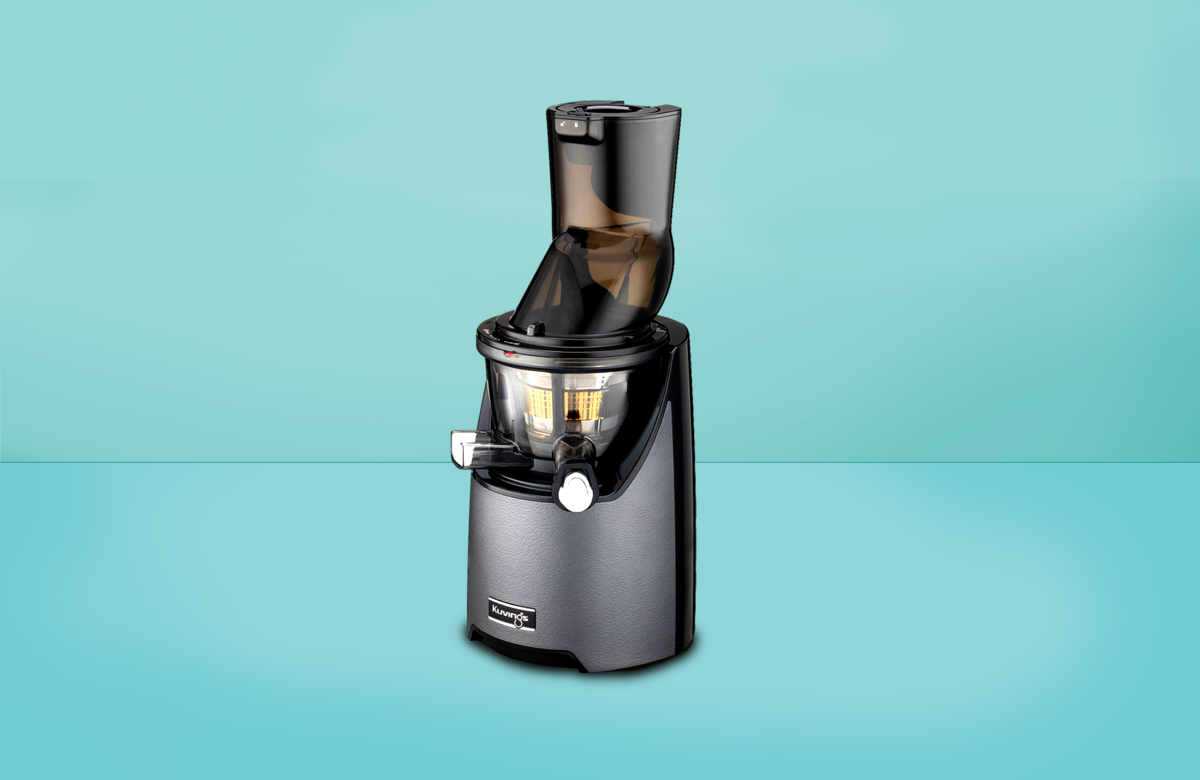
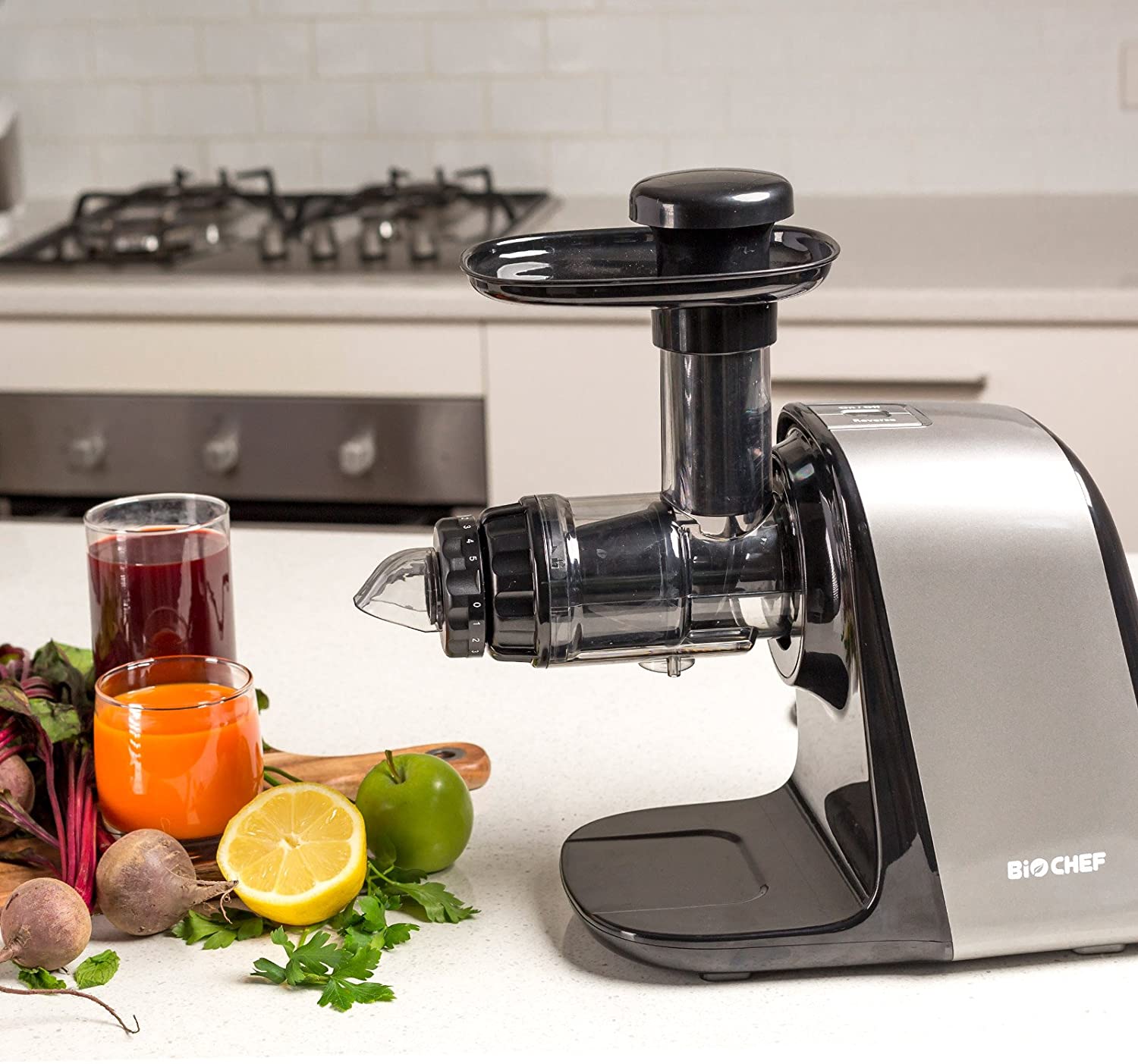
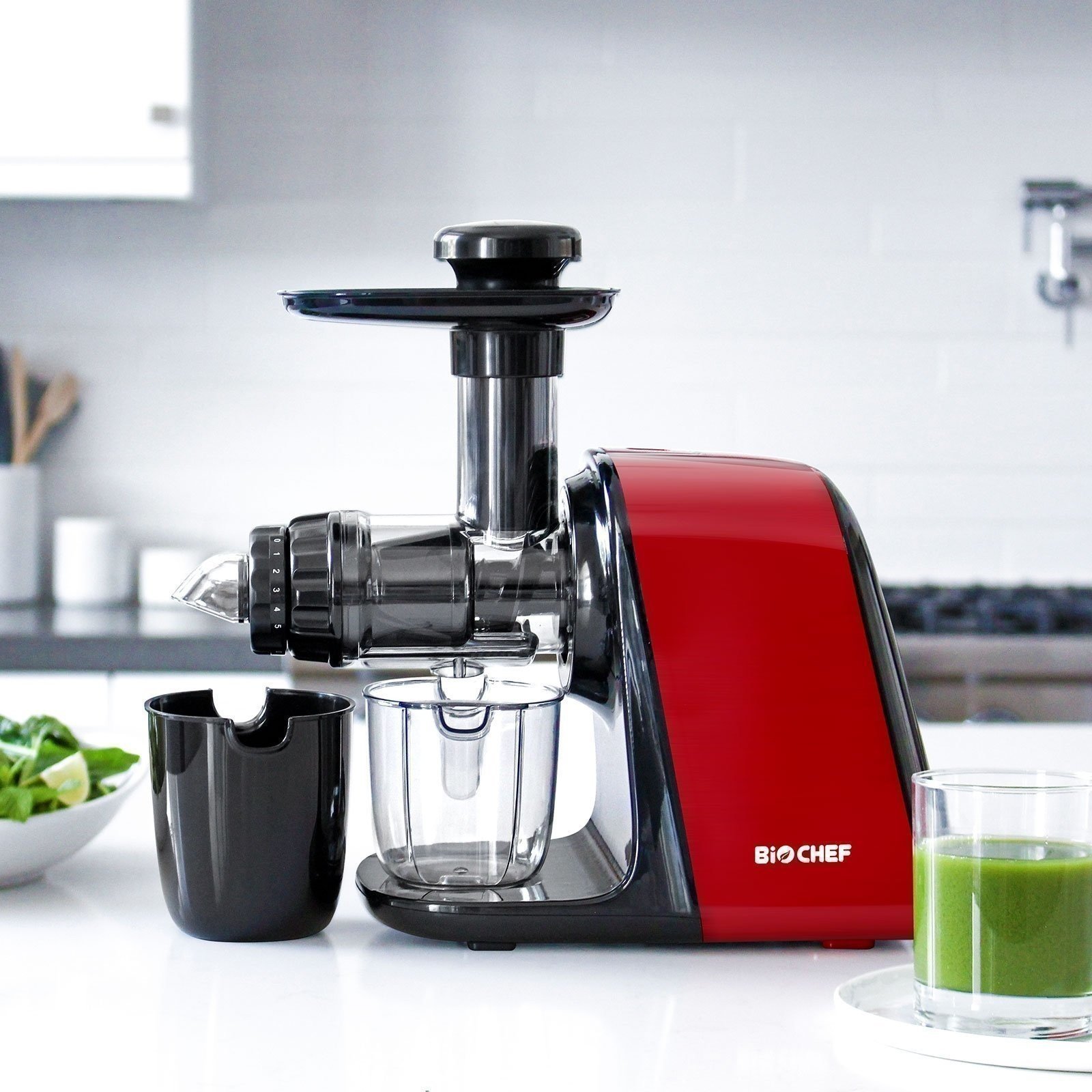
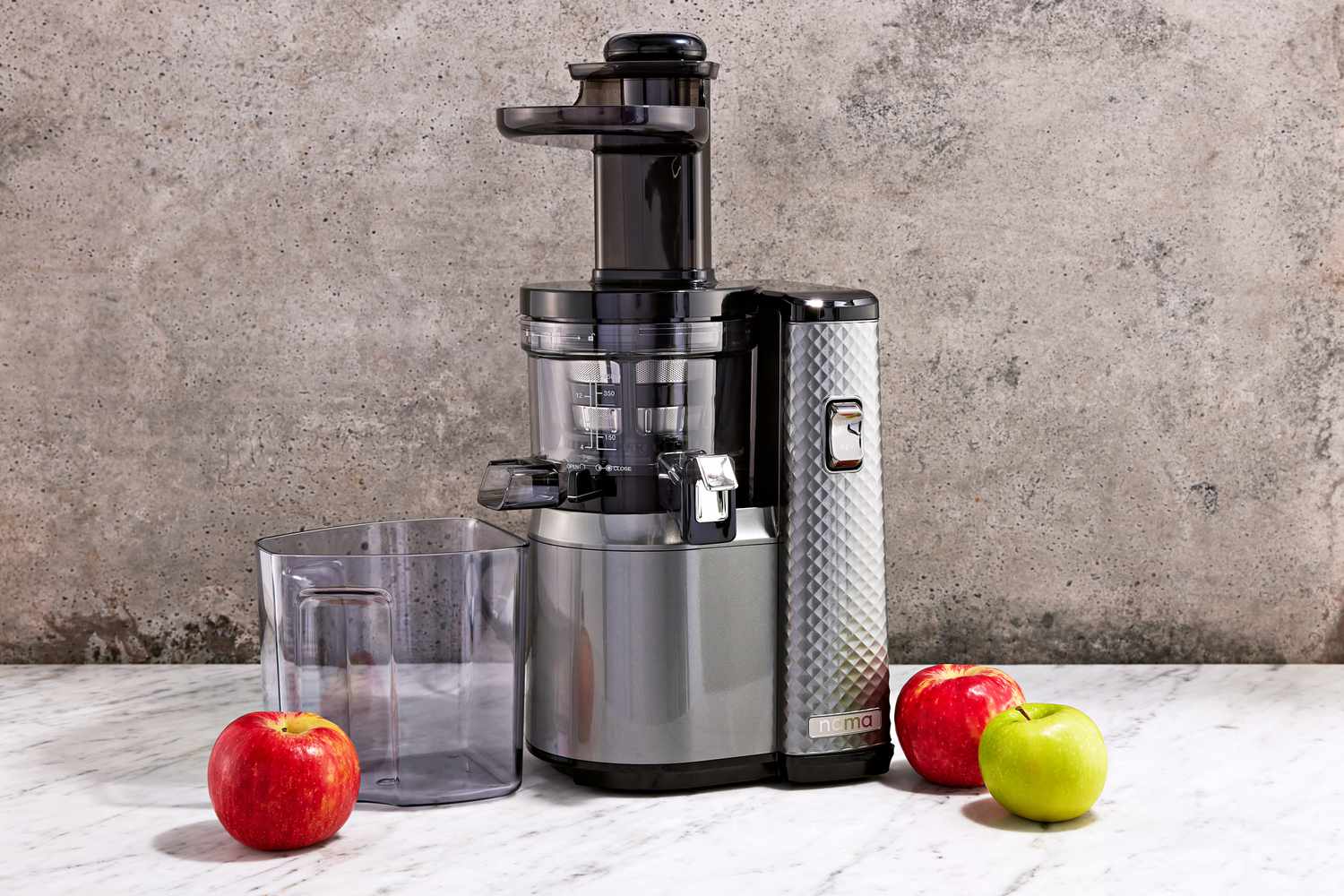
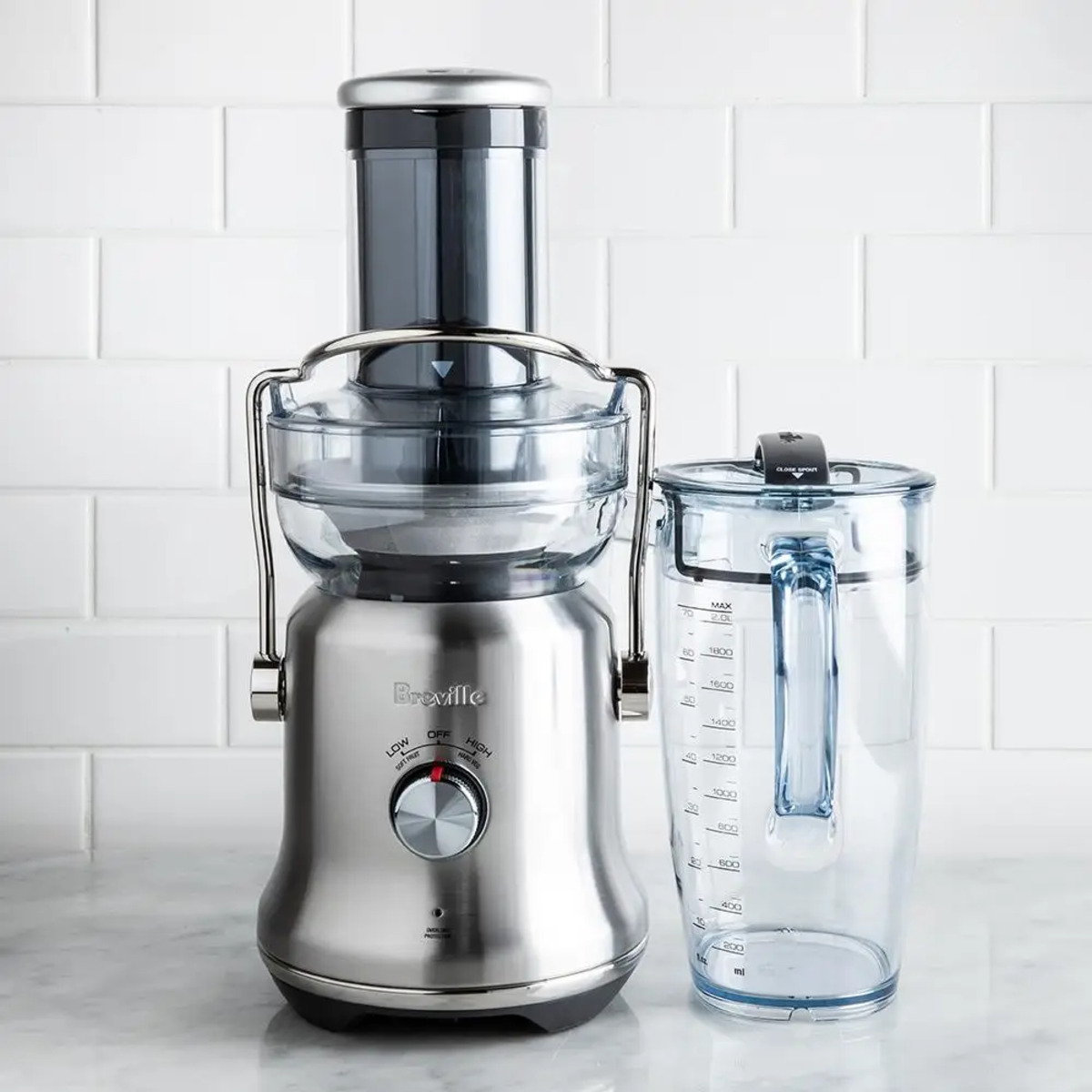
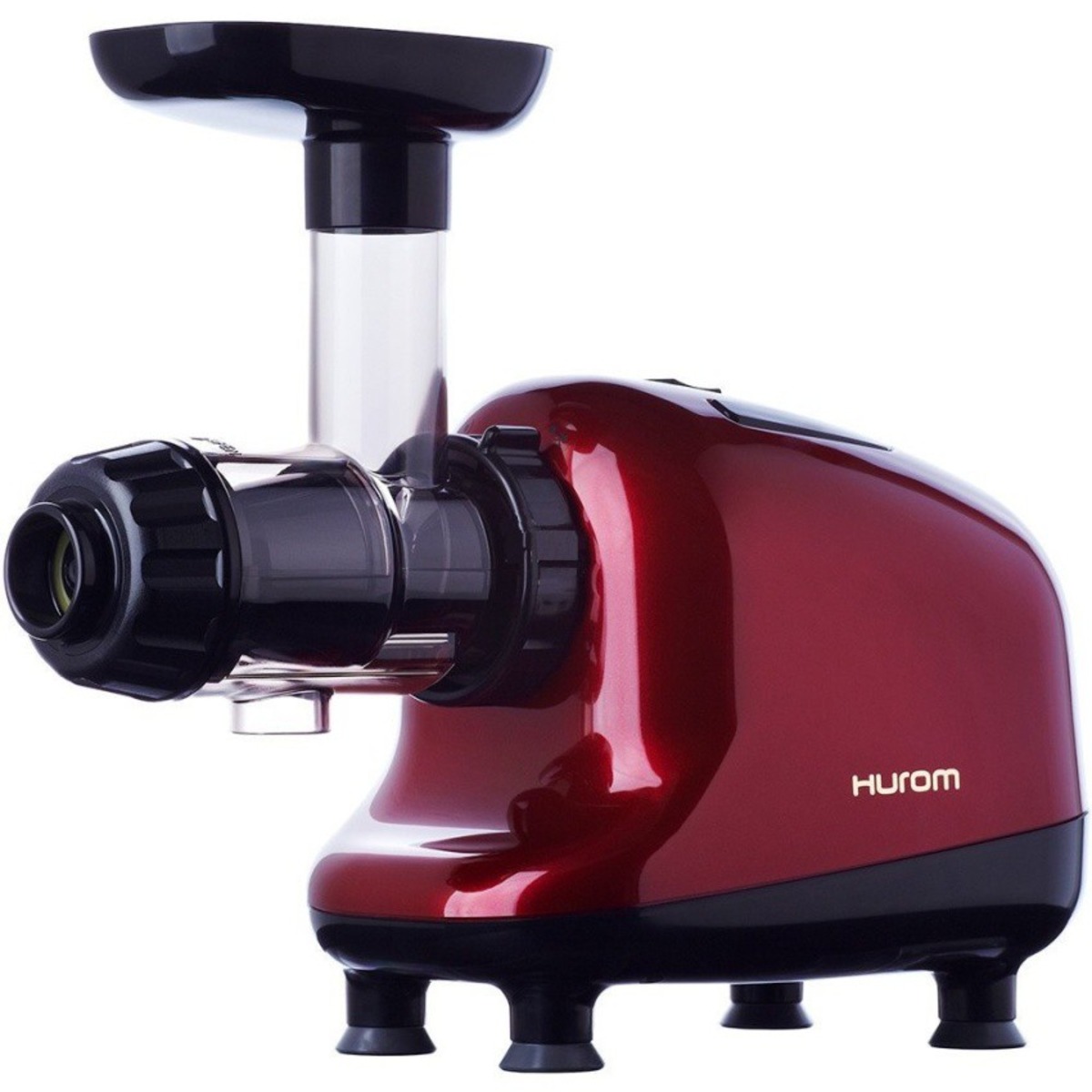
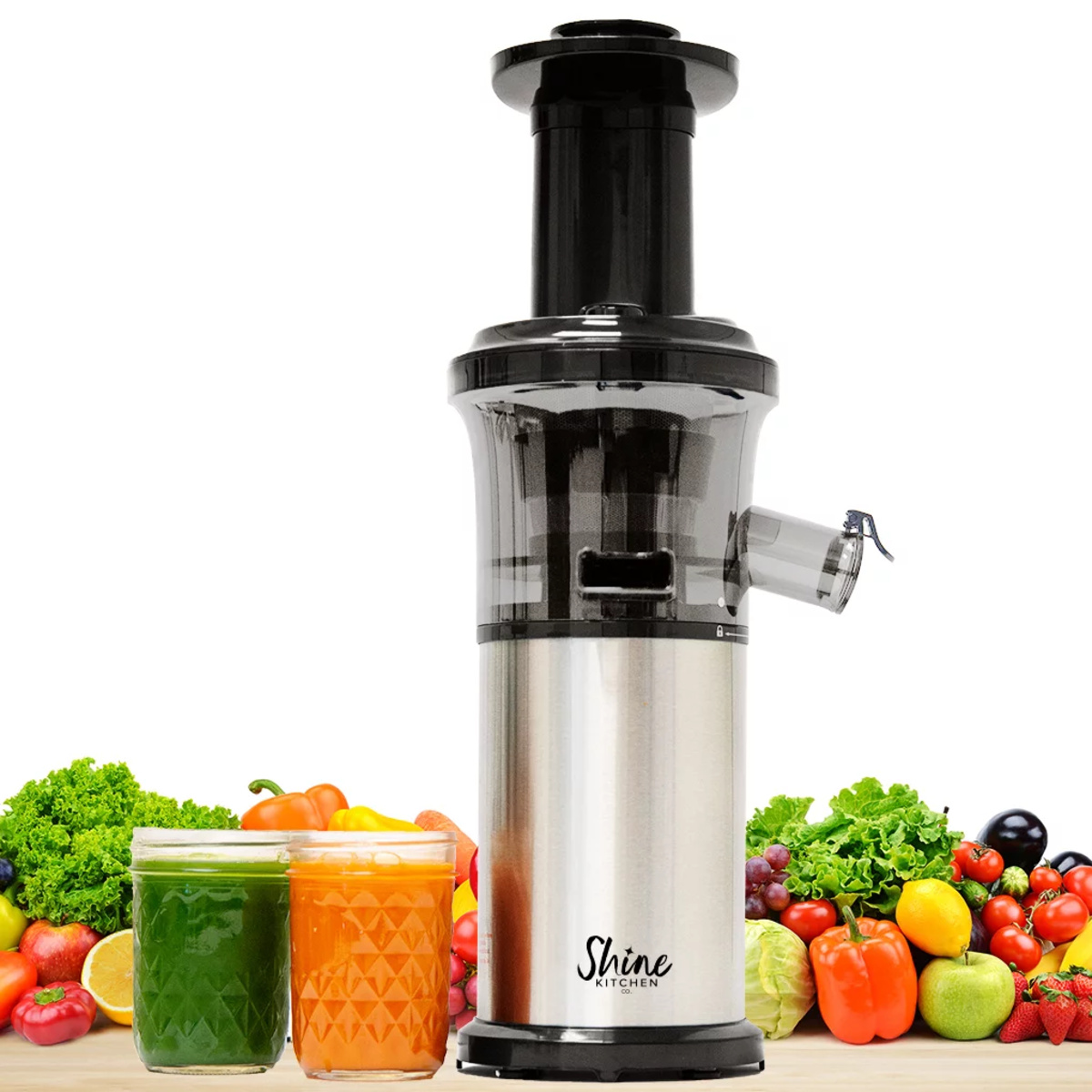
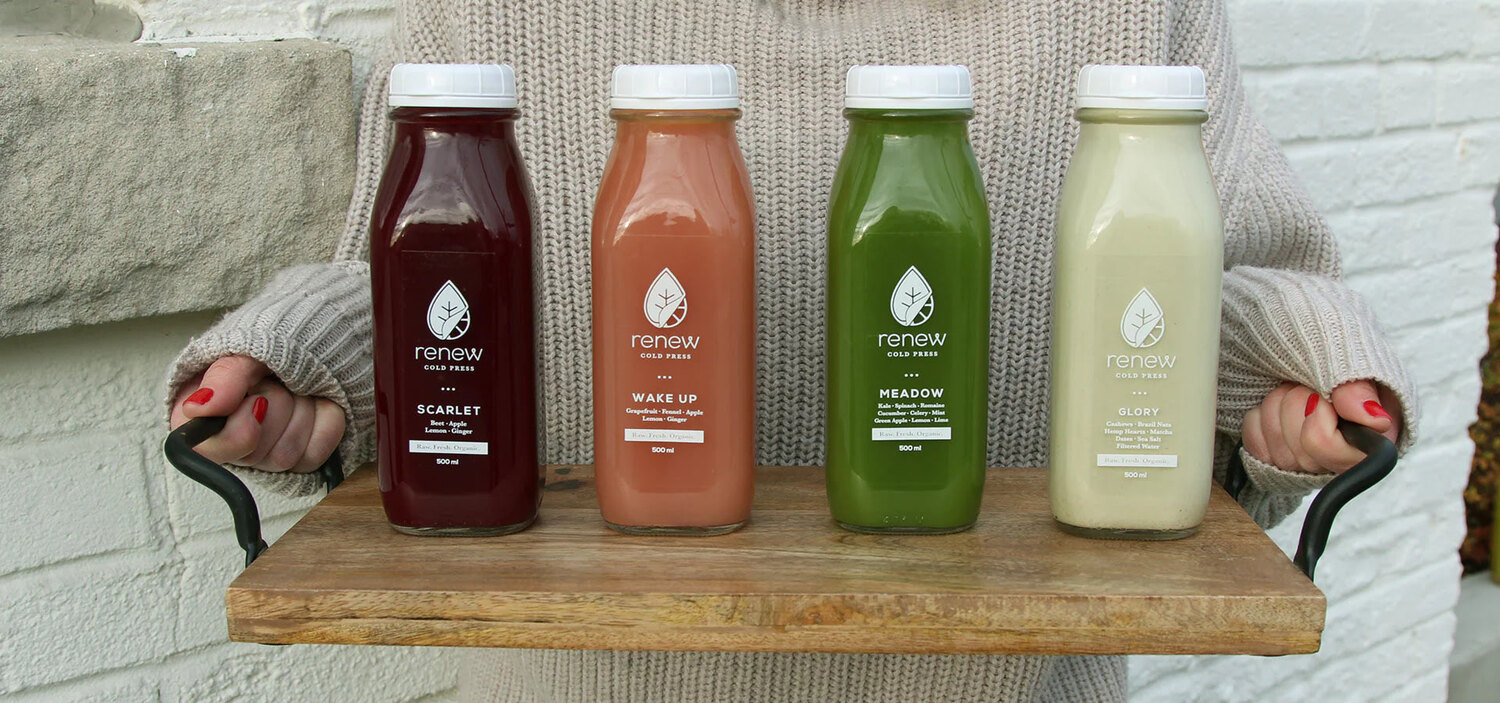
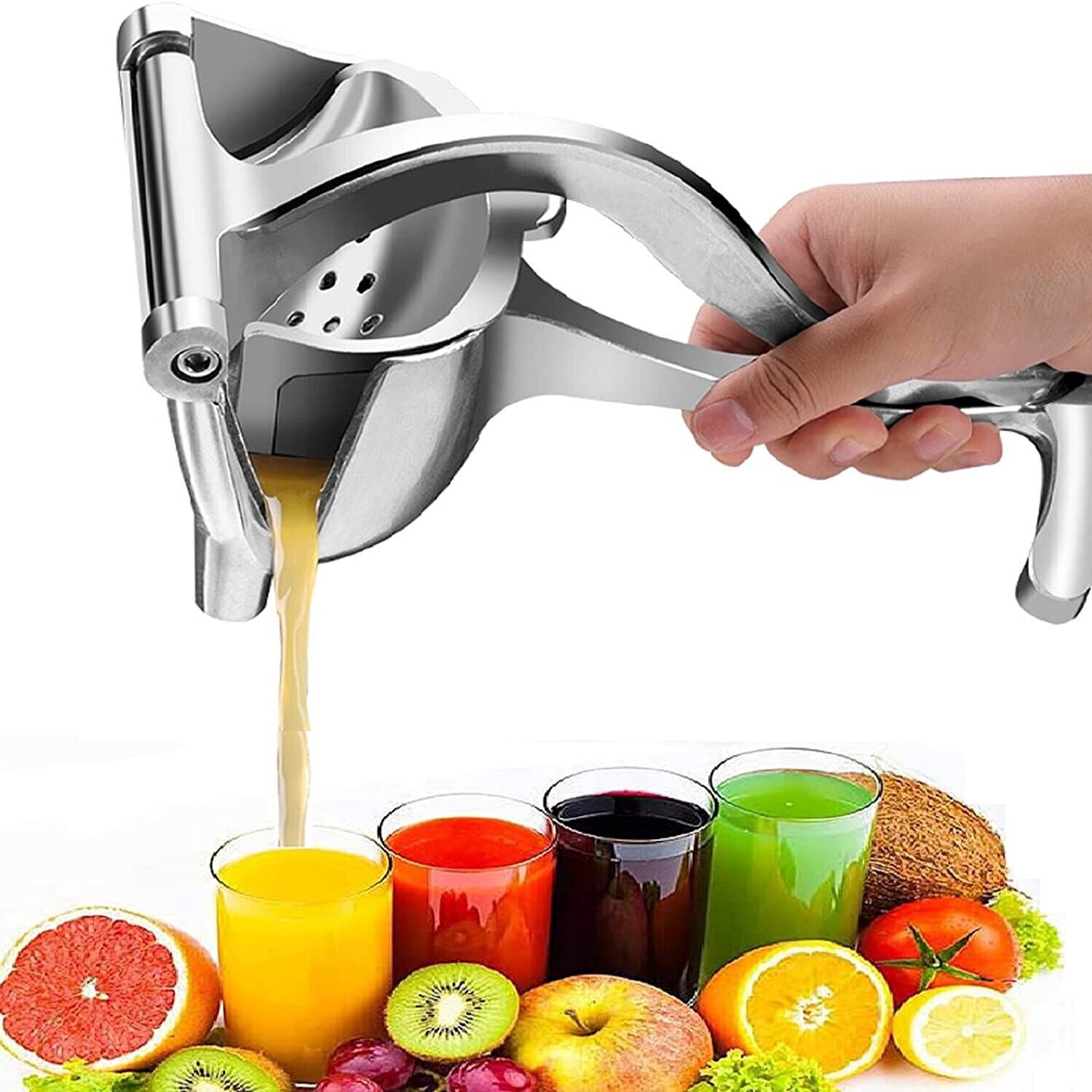
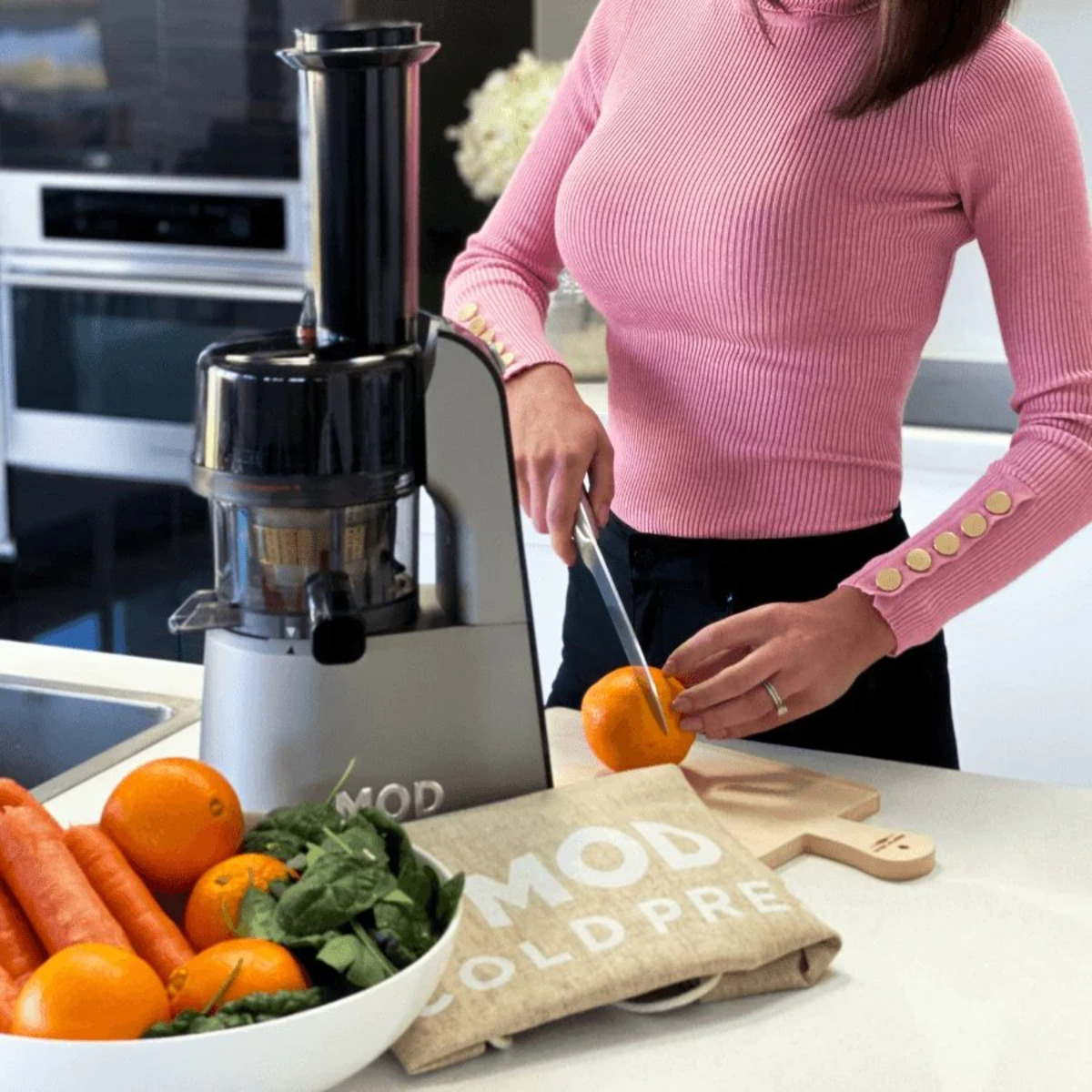
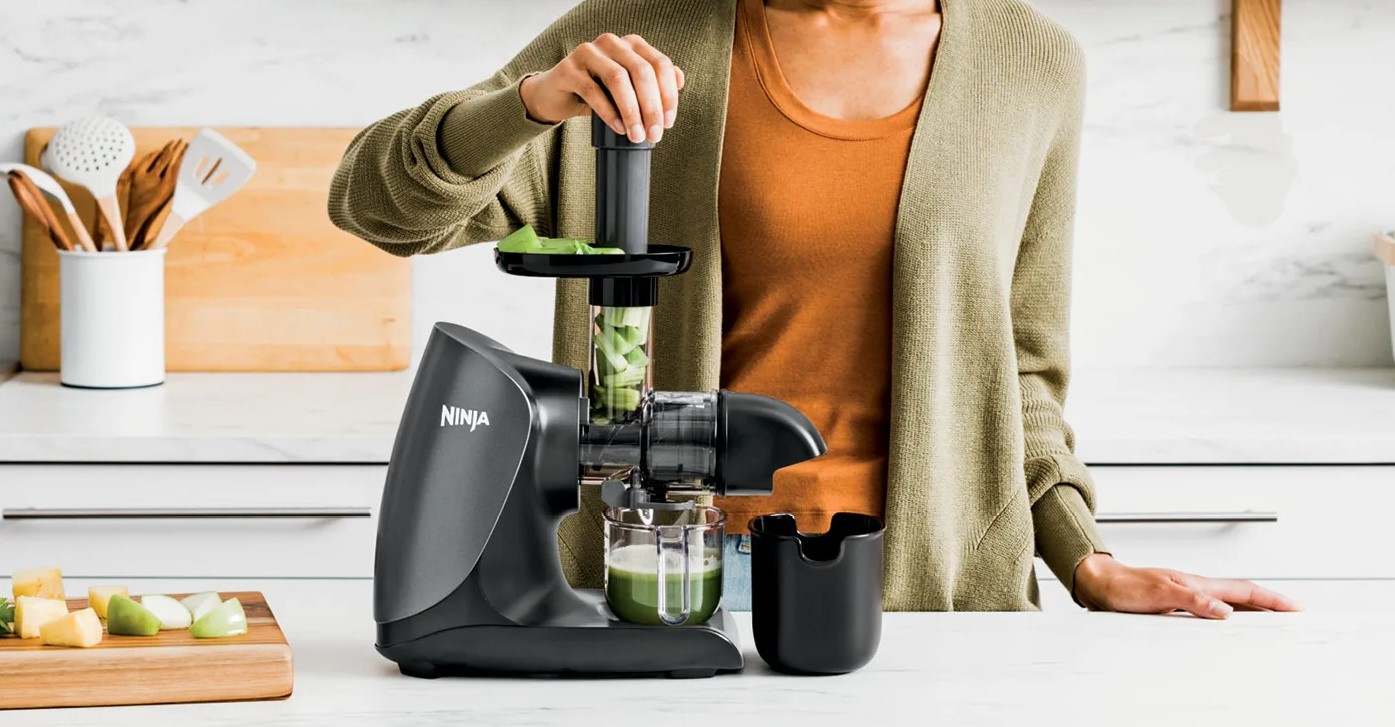
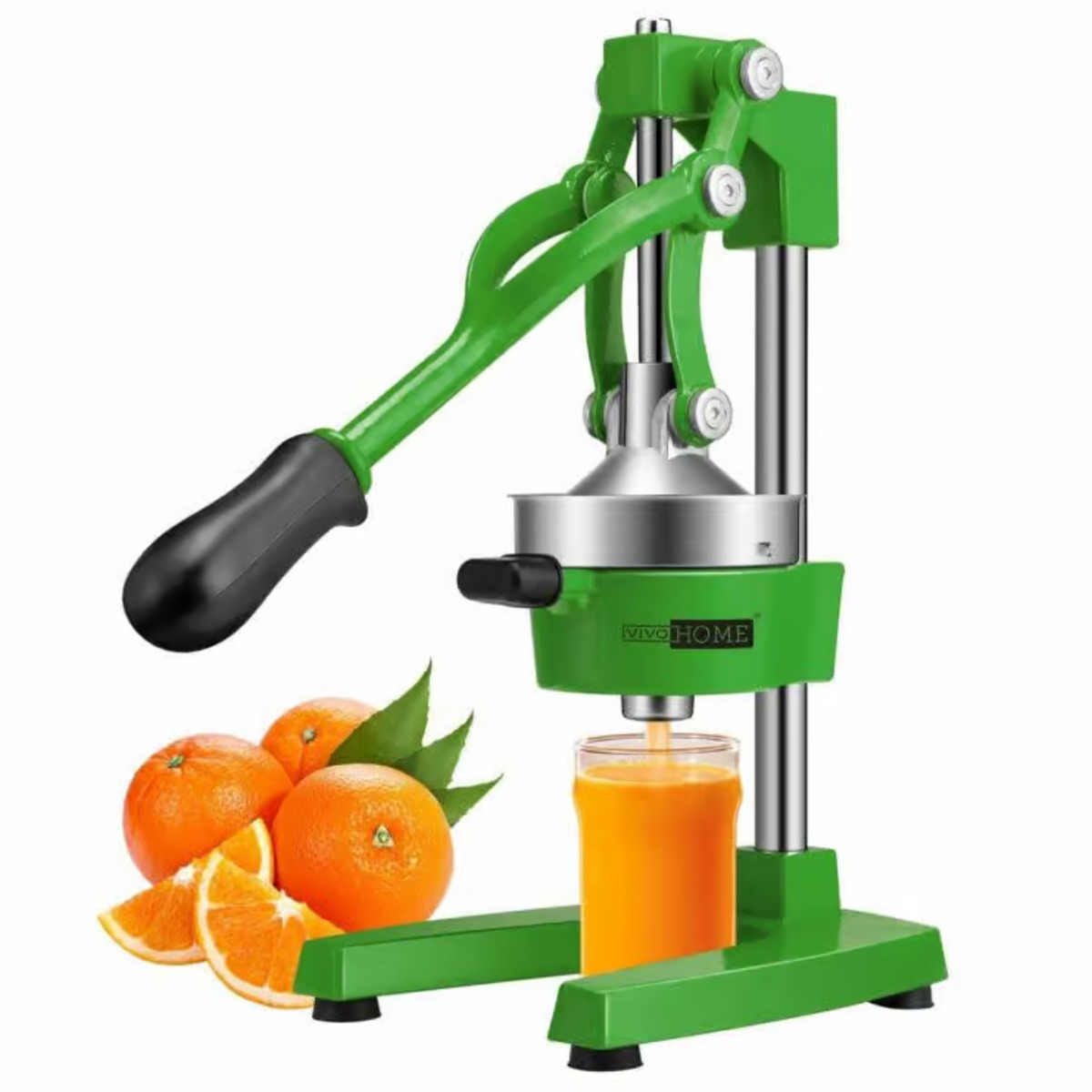
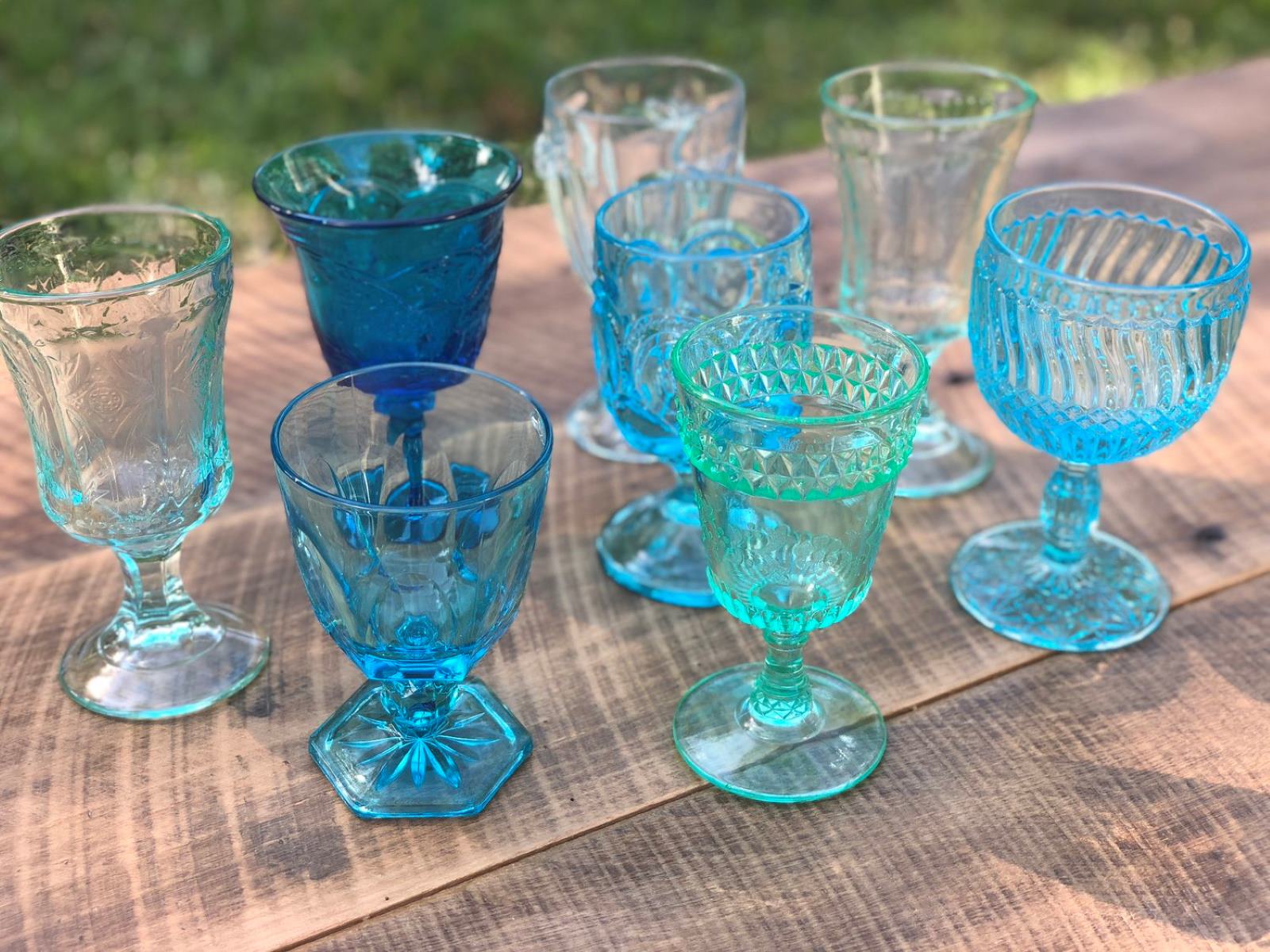
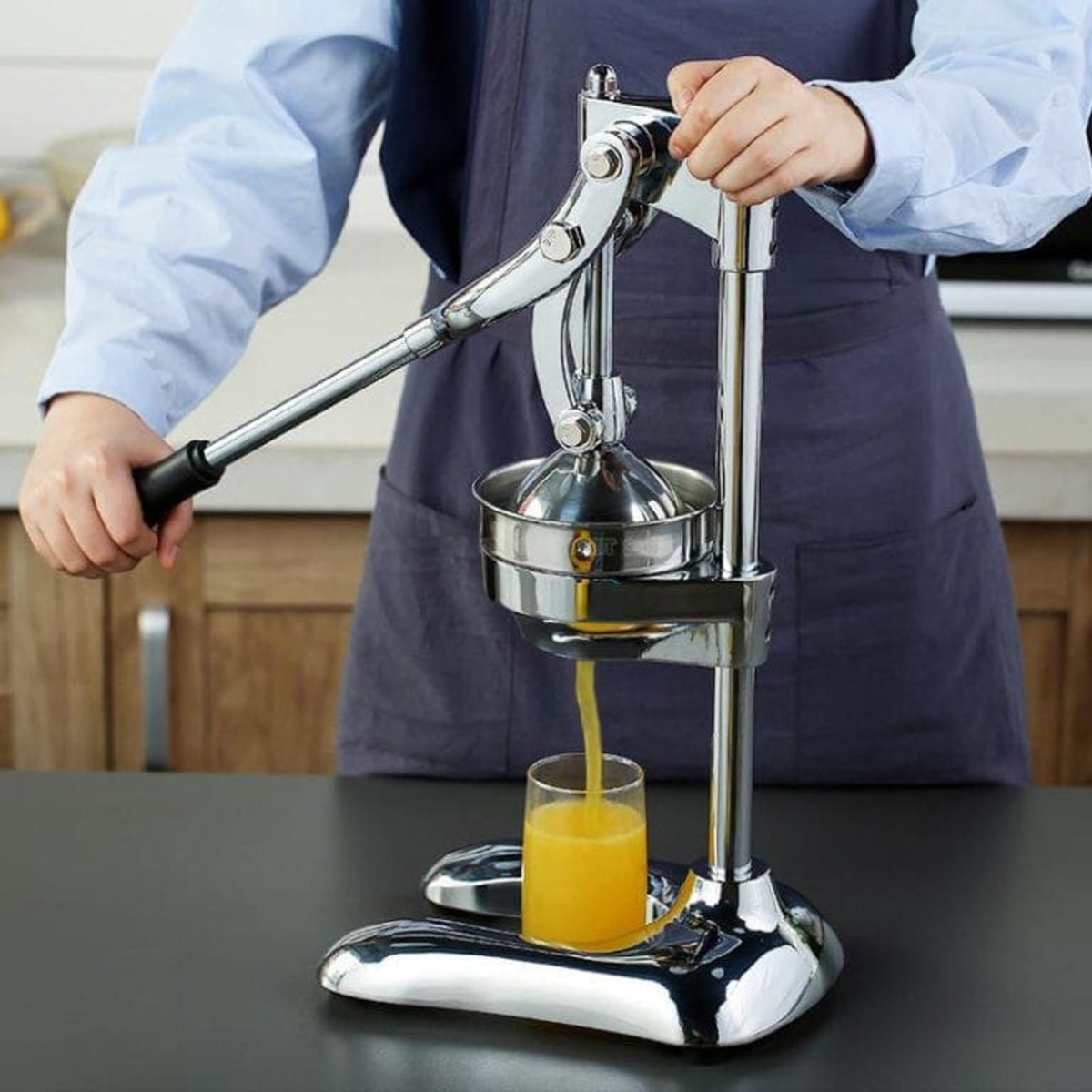

0 thoughts on “What Is Cold Pressed Juicer”